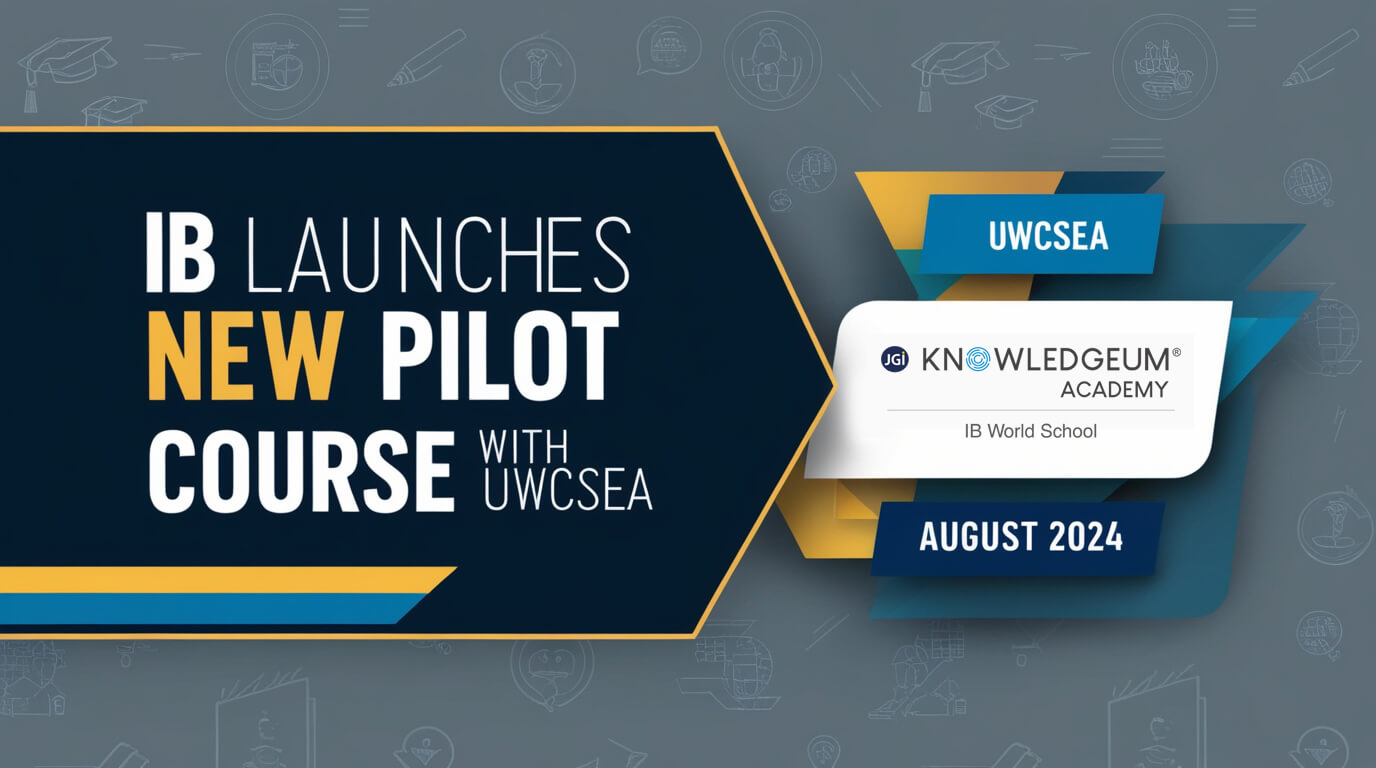IB Enhances Assessment Procedures for November 2024 Exams

The International Baccalaureate (IB) is a trailblazer in international education with its challenging syllabi and holistic student development. November 2024 exams are forthcoming, and the IB has made a series of improvements in its assessment procedures aimed at enhancing equity, precision, and student experience. The updates show how the IB is evolving to address the changing educational environment and global requirements for students and teachers.
Introduction of Adaptive Assessment Techniques
One of the most significant changes relates to the adaptive assessment techniques. With this innovation, IB customises exam questions according to how well a student performs throughout the test session. As such, it helps match question difficulty levels with learners’ capacities at every moment during their performance. Hence, this approach provides an accurate picture of students’ abilities and also assists in revealing areas where they may require extra help.
Digital platforms and tools have been improved
The International Baccalaureate is also refining its digital platforms to streamline the assessment process. These new digital tools have more user-friendly interfaces for both students and educators. Right now, they include features like online practice exams, interactive feedback, and real-time performance tracking. They aim to reduce the administration burden on teachers so that they can concentrate more on personalised instruction rather than logistical issues.
In an integrated digital experience, students will gain access to study materials, practice questions, and detailed performance reports through a centralised platform. This enhancement not only supports better exam preparation but also enables students to monitor their progress and identify areas needing improvement.
Revamped Assessment Criteria
The IB has also revised its criteria for assessment to match present-day educational standards and practices more closely. The reformed criteria highlight critical thinking skills applied in diverse contexts, problem-solving skills, and knowledge application. Through such a shift from memorisation to higher-order thinking abilities, IB hopes for a deeper appreciation of the subject matter by students, preparing them better for further studies and future careers.
The updated assessment criteria contain more comprehensive rubrics for appraising student performance, which will help teachers and students better understand what is expected of them. This move is projected to make the assessment process more transparent and ensure uniformity in grading across different examination centres.
Emphasis on Holistic Assessment
In line with its holistic approach to education, the IB is now giving greater emphasis to holistic assessment practices. This encompasses an equalised evaluation of formative against summative assessments. In this regard, the role of traditional summative assessments, such as final exams, will be balanced by formative ones like ongoing assignments and projects.
This holistic approach acknowledges the significance of continuous learning throughout the academic year. It requires students’ continued active involvement in their own educational development and provides more complete information about their strengths and areas for improvement.
Strengthened Academic Integrity Measures
Academic integrity remains at the centre stage of the IB’s assessment processes. In response to concerns regarding cheating and preserving authenticity in its certificates, enhanced safeguards have been implemented to discover malpractice cases within IB exams. This entails using more advanced plagiarism detection systems alongside closely monitoring exam environments.
The IB will increase its efforts to promote a culture of academic integrity among students by emphasising the importance of honesty and ethical behaviour in all aspects of the student’s academics.
Back for Teachers and Students
The IB has included more provisions to support teachers, such as enhancing assessment tools and providing resources. Learning programs have been widened to include new evaluation methods, digital devices, and updated standards to acquaint educators with new evaluation methods and revised standards. The programme aims to endow teachers with skills and knowledge that will enable them to effectively use these improvements and assist students in getting better results in their studies.
Besides, specific assistance will be directed towards students, including workshops and materials to help them understand the changes while optimising their performance. Due to the IB's commitment to comprehensive support, both educators and students will be equally ready for the November 2024 exams.
Conclusion
IB enhancements to the November 2024 examination assessment procedures represent a major development in the history of global education. IB is increasing its fairness, accuracy, and student involvement by integrating adaptive assessment methods, digitising platforms, and emphasising holistic and critical thinking skills.
Such updates illustrate IB’s continued commitment to providing demanding, meaningful education that prepares students for twenty-first-century challenges. This change will help students and teachers through the process of assessments, making it more efficient and supportive as outlined in the mission of IB developing global citizens and lifelong learners.
November 2024 exams are not just about testing knowledge; they also allow individuals to experience these improvements firsthand. Through these innovations, the IB remains at the forefront of global education, maintaining its position as an international leader in education while focusing on the progress and welfare of its worldwide learners.




